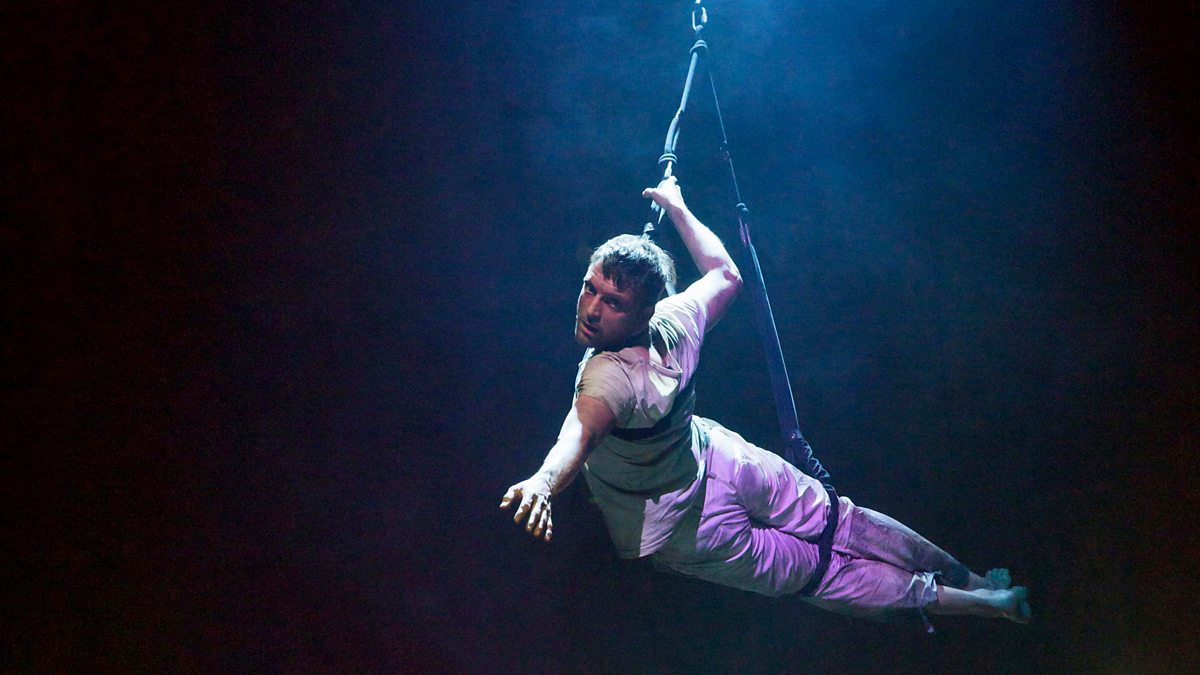Claudio Monteverdi's first large-scale opera "Orfeo" from the Roundhouse in North London, as the Roundhouse and the Royal Opera collaborate for the first time in this new production by the director, Michael Boyd.
[…]
Christopher Moulds directs a young cast of soloists, a chorus from the Vocal Department of Guildhall School of Music and Drama and musicians from the Orchestra of Early Opera Company in this production which is sung in English in a new translation by the poet Don Paterson.
Monteverdi's first large-scale opera?
It is good to see young singers being given an opportunity like this but wouldn’t it make more sense if they mastered their performance in the original language (I assume they are perfectly capable of singing in Italian)? I must say I don’t quite fancy listening to [ L’]Orfeo in English.
[…]
Christopher Moulds directs a young cast of soloists, a chorus from the Vocal Department of Guildhall School of Music and Drama and musicians from the Orchestra of Early Opera Company in this production which is sung in English in a new translation by the poet Don Paterson.
Monteverdi's first large-scale opera?
It is good to see young singers being given an opportunity like this but wouldn’t it make more sense if they mastered their performance in the original language (I assume they are perfectly capable of singing in Italian)? I must say I don’t quite fancy listening to [ L’]Orfeo in English.



Comment